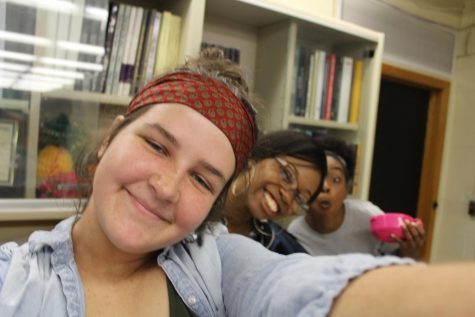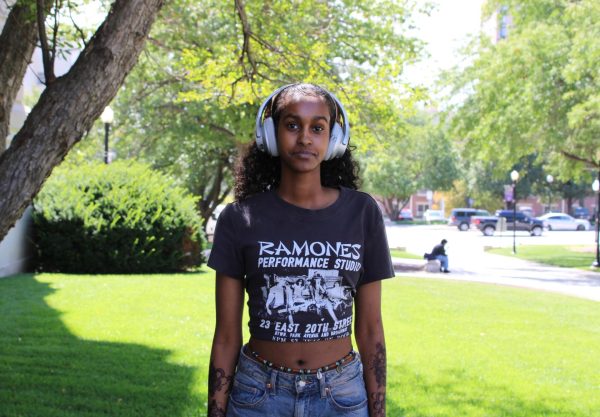Deep-rooted racism inadvertently ignored by white people
February 19, 2016
The concept of discrimination has been in existence since the beginning of time. Whether humans are discriminated against because of their gender, their clothing or their skin color, derogatory judgment has affected, and still affects, people all over the world.
The most common type of discrimination is racism. Generally, when racism occurs, the white majority perceives themselves to be superior to people of color. Although this racism exists, most white people fail to acknowledge it or don’t even realize it’s happening. Inadvertent and advertent racism is a part of most people’s everyday lives. It exists in countless places including America’s law enforcement, the medical field, Wall Street, in schools and in the entertainment industry.
Several studies have been done that prove this racial bias and discrimination. For example, in March of 2012, it was proven by the American Journal of Public Health that two thirds of all doctors are racially biased towards their patients. According to psychologytoday.com, “…doctors are not the only ones who express unconscious racial bias. Dr. Phillip Goff, assistant psychology professor at UCLA, showed examples of how law enforcement officials can be influenced by unconscious bias not only when it comes to race, but also in regard to what they perceive to be threats to their masculinity.”
Racial discrimination in American politics has been a major topic of discussion recently with matters such as the Freddie Gray case and the University of Missouri protests. This type of racism is intentional and people are aware of their actions.
The type of racism white people don’t focus on, however, is inherent racism. Inherent racism is related to the deep-ridden teaching amongst white people that suggests people of color are inferior. For example, in the elementary grades, educators simply brush over the matter of racism and the civil war and treat it as if it was merely a silly mistake. Also, the matter of Martin Luther King Jr. is harshly romanticized. He didn’t die willingly; he was murdered by a jaded white person.
The issue is that white people don’t acknowledge the fact that these teachings exist. Additionally, when people of color point out this inherent racism, white people completely ignore it, but when a white person points it out, they finally decide to take a step back and look at the content of their character.
Individual and communal perception plays a massive role in the matter of racism. People aren’t “lesser” because of their skin color, they are just perceived as such. It’s difficult to acknowledge and accept, but all people have the history of racism within them, the good and the bad. The memories of the oppressors and the oppressed will be ever-present, and there is nothing anyone can do to change that.
What people can do is take a step back and let people of color “do their thing.” Instead of protesting the “Black Lives Matter” movement, realize that it doesn’t mean that black lives are superior to others. The “Black Lives Matter” movement’s purpose is to draw attention to the racist atrocities occurring today that should have ended a long time ago.
The movement wouldn’t have been created if people had stopped oppressing and discriminating against innocent humans. Yes, all lives do matter, but when one predetermined group of people are inexcusably hurting another group of people, physically and emotionally, that is when a specified movement must be enacted.
When it comes down to it, there is only one race: the human race. Skin color is merely a physical trait just as eyes or lips are. The pigmentation of an individual’s skin does not determine their worth. Humans are so much more than the color of their skin. They are their beliefs and their hobbies and their philosophies on life, and those beliefs, hobbies and philosophies shouldn’t be hindered by the implausible ideology that one skin color is better than the other.
Rosa Parks said, “Racism is still with us. But it is up to us to prepare our children for what they have to meet, and, hopefully, we shall overcome.”














